ARTICLE AD BOX

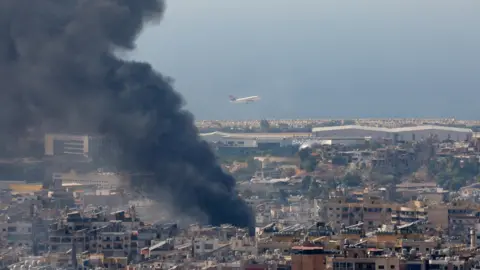 Reuters
Reuters
Smoke rose over Beirut's southern suburbs after they were targeted by new Israeli air strikes on Tuesday
Israel is expanding its ground invasion of Lebanon against Hezbollah, sending thousands of additional troops into a new zone in the south-west of the country.
The Israel Defense Forces (IDF) said a fourth division had joined the eight-day-old ground operation seeking to dismantle Hezbollah targets and infrastructure.
Meanwhile, Israeli Defence Minister Yoav Gallant told officers that the successor of assassinated Hezbollah leader Hassan Nasrallah "was probably also eliminated".
He spoke hours after Nasrallah's former deputy, Naim Qassem, insisted the Iran-backed group had overcome the recent “painful blows” from Israel and that its capabilities were “fine”.
Hezbollah's fighters launched barrages of rockets towards the northern Israeli port city of Haifa on Tuesday for the third consecutive day, injuring 12 people.
The group has remained defiant despite three weeks of intense Israeli strikes and other attacks in Lebanon that have killed more than 1,400 people and displaced another 1.2 million, according to Lebanese authorities.
Israel has gone on the offensive after almost a year of cross-border fighting sparked by the war in Gaza, saying it wants to ensure the safe return of tens of thousands of residents of Israeli border areas displaced by Hezbollah rocket, missile and drone attacks.
The hostilities have escalated steadily since Hezbollah began firing rockets into northern Israel in support of Palestinians on 8 October 2023, the day after its ally Hamas’s deadly attack on southern Israel.

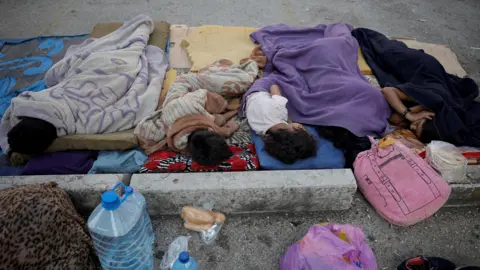 Reuters
Reuters
Many displaced Lebanese are living in open areas in Beirut, including car parks
On Tuesday morning, the IDF announced that reservists from its 146th Division had begun “limited, localized, targeted operational activities” in south-western Lebanon.
It joined three standing army divisions which have been operating in central and eastern areas of southern Lebanon since the invasion began on 30 September, and reportedly brought the total number of soldiers deployed to over 15,000.
The IDF also said on Tuesday that troops had taken control of what it called a Hezbollah “combat compound” in the border village of Maroun al-Ras. It published photos showing what it said was a loaded rocket launcher in an olive grove, as well as weapons and equipment inside a residential building.
Drone footage meanwhile showed widespread destruction in the nearby village of Yaroun, which was an initial target of the invasion.
On Monday, the IDF ordered the evacuation of another two dozen towns and villages in south-western Lebanon. It told locals to head north of the Awali river, which is about 50km (30 miles) from the border.
The IDF also warned holidaymakers and boat users to stay away from beaches and the sea south of the Awali.
In a joint statement, the UN special co-ordinator for Lebanon and the head of the UN peacekeeping force warned that the humanitarian impact of the conflict was “nothing short of catastrophic”, with “far too many people... paying an unimaginable price”.
Lebanon’s government says as many as 1.2 million people have fled their homes over the past year. Almost 180,000 people are in approved centres for the displaced.
In addition, more than 400,000 people have fled into war-torn Syria, including more than 200,000 Syrian refugees - a situation that the head of the UN’s refugee agency described as one of “tragic absurdity”.
The World Food Programme meanwhile said there was “extraordinary concern for Lebanon's ability to continue to feed itself” because thousands of hectares of farmland across the south of the country had been burned or abandoned.

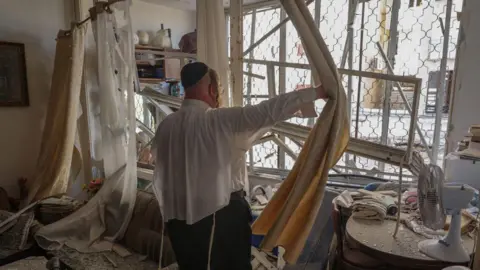 AFP
AFP
An apartment in Kiryat Yam, a suburb of Haifa, was damaged by a Hezbollah rocket on Tuesday
The IDF also said its aircraft had carried out a new round of strikes on Hezbollah targets in Beirut’s southern suburbs, where the group has a strong presence, and other areas of Lebanon on Tuesday.
Earlier, it announced that a strike in the capital on Monday had killed the commander of Hezbollah’s headquarters, Suhail Husseini. He oversaw logistics, budgeting and management for the group and played “a crucial role” in weapons transfers from Iran, it added.
Hezbollah did not comment on the claim. But if confirmed, it would be the latest in a series of severe blows Israel has dealt to the group, with Hassan Nasrallah and most of its military commanders having been killed in similar strikes in recent weeks.
Hashem Safieddine, a top Hezbollah official who was widely expected to succeed his cousin Nasrallah as leader, has also not been heard from publicly since an Israeli air strike reportedly targeted him in Beirut last Thursday.
"Hezbollah is an organisation without a head. Nasrallah was eliminated, his replacement was probably also eliminated," Yoav Gallant said in a brief video released by the IDF, without providing further details. "There's no-one to make decisions, no-one to act."
Hezbollah's deputy leader said in a defiant televised address on Tuesday morning that its command and control was “solid” and had “no vacant positions”, citing its attacks on Israel in recent days.
"We are hurting them and we will prolong the time. Dozens of cities are within range of the resistance's missiles. We assure you that our capabilities are fine," Naim Qassem said.
His speech coincided with the launch of more than 100 rockets towards Haifa Bay, as well as the Lower, Central and Upper Galilee regions.
The IDF said most of the rockets were intercepted, but some landed and caused some damage to buildings, including a school. There were no serious casualties.
On Sunday night, there was a direct hit on Haifa - something which had not happened since Israel and Hezbollah last fought a war in 2006.

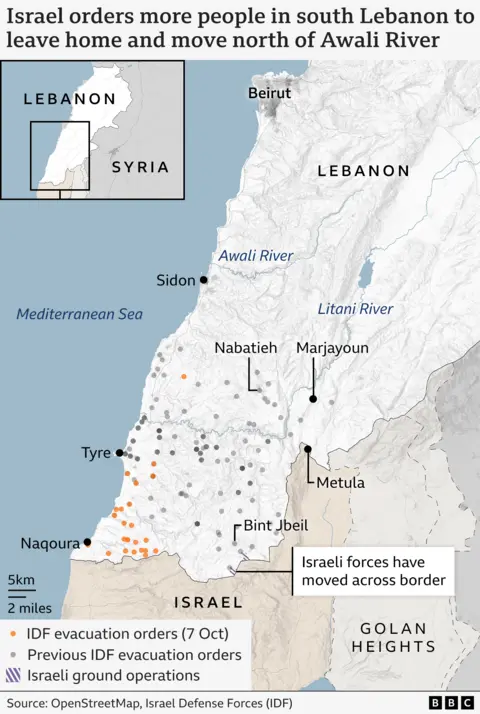

 1 month ago
14
1 month ago
14
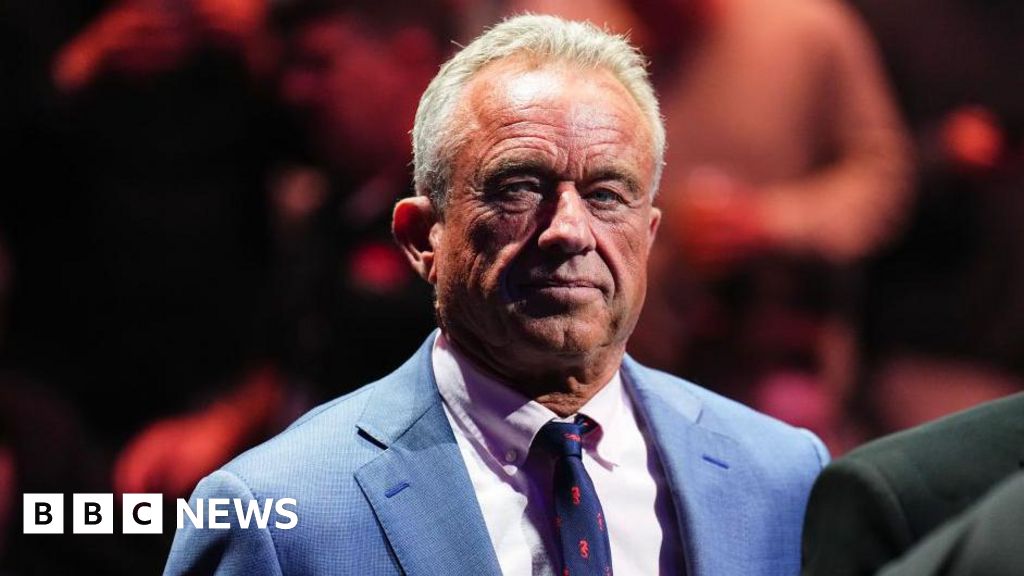
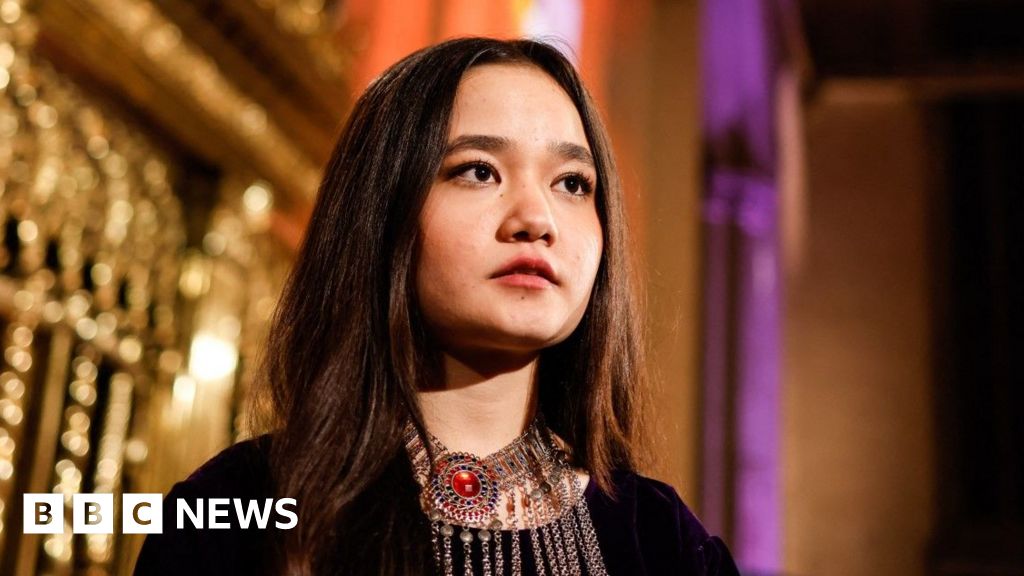
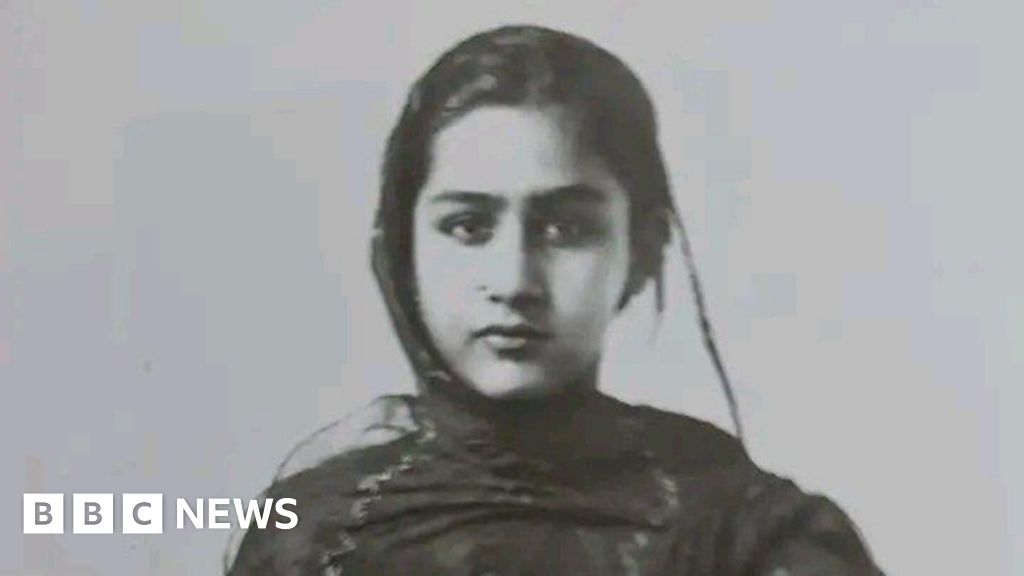





 English (US)
English (US)